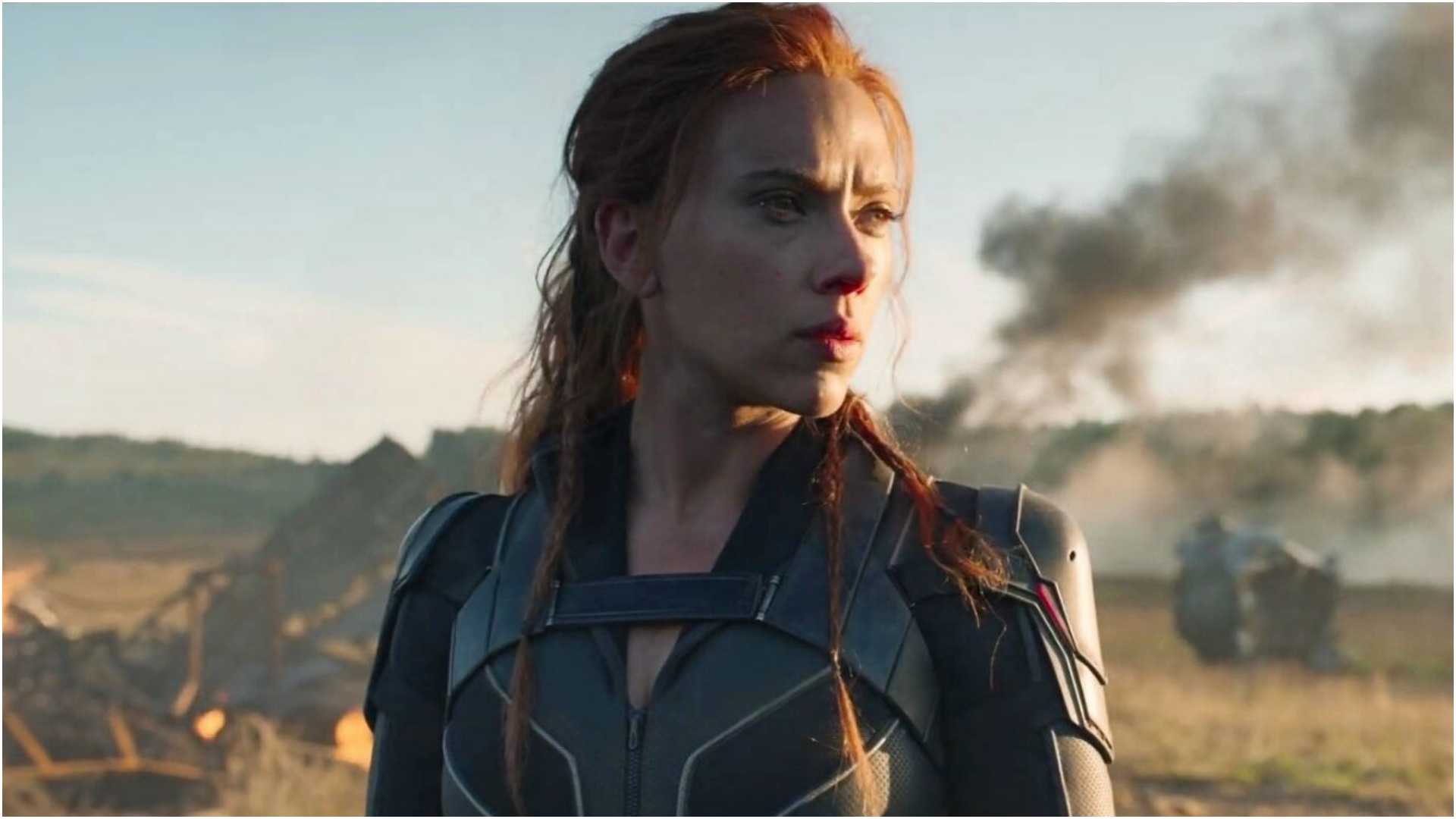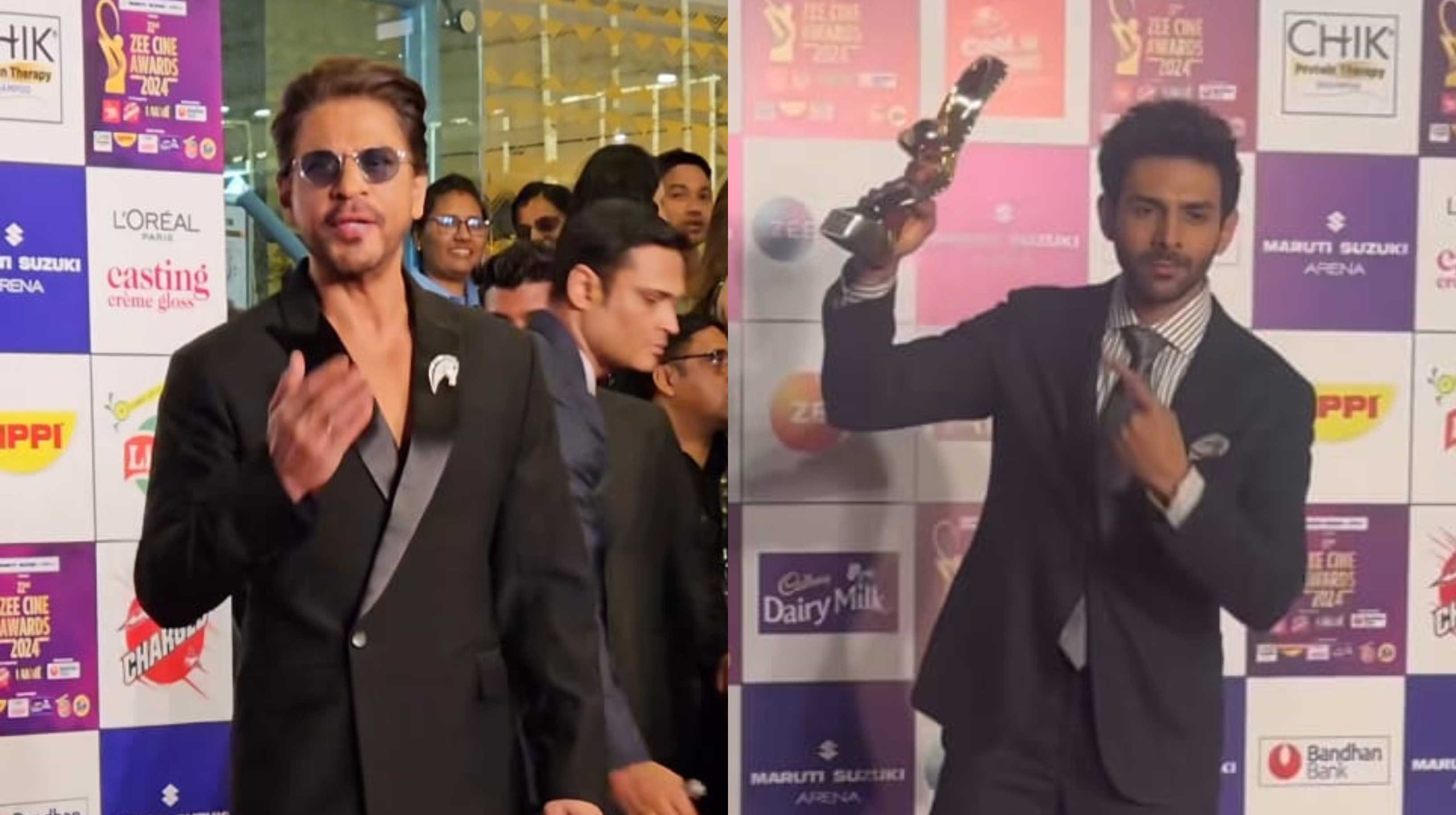Scarlett Johansson's casting fury: a blast from MANAA's past
Reflecting on the controversy that erupted over Scarlett Johansson's casting in Ghost in the Shell, this article revisits the racial representation debate in Hollywood and its impact.

Scarlett Johansson
In the light of ongoing debates about racial representation in Hollywood, it's poignant to revisit the controversy that surrounded Scarlett Johansson’s casting in Ghost in the Shell. The decision, met with widespread criticism, sparked a crucial conversation about Hollywood's casting practices and their implications on cultural representation.
The Media Action Network for Asian Americans (MANAA) was at the forefront of the outcry. They slammed the choice of Johansson for the role of Motoku Kusanagi, originally a Japanese character in the manga series. "Apparently, in Hollywood, Japanese people can’t play Japanese people anymore," MANAA President Robert Chan emphatically stated, highlighting the crux of the issue. This controversy wasn't isolated. The casting of Michael Pitt as Kuze, a character originally named Hideo, further fueled the debate.
MANAA's criticism wasn't just about Johansson or Pitt. It was a critique of a systemic issue in Hollywood. Founding President Guy Aoki's words still resonate today, "Hollywood continues to make the same excuses, that there aren’t big enough Asian/Asian American names to open a blockbuster film." His comment reflects the industry's reluctance to change its casting norms and its impact on Asian and Asian American actors. This controversy also echoed in the casting of Tilda Swinton in Doctor Strange, as The Ancient One, originally a Tibetan male character.
Revisiting these events today, it's evident that the controversy over Ghost in the Shell was more than just about box office numbers. It was a symptom of a larger problem in the entertainment industry – the lack of representation and opportunities for actors of color. The discussion sparked by Johansson's casting remains relevant, urging us to question how far we've come and what more needs to be done.
(Several parts of the text in this article, including the title, were generated with the help of an AI tool.)







